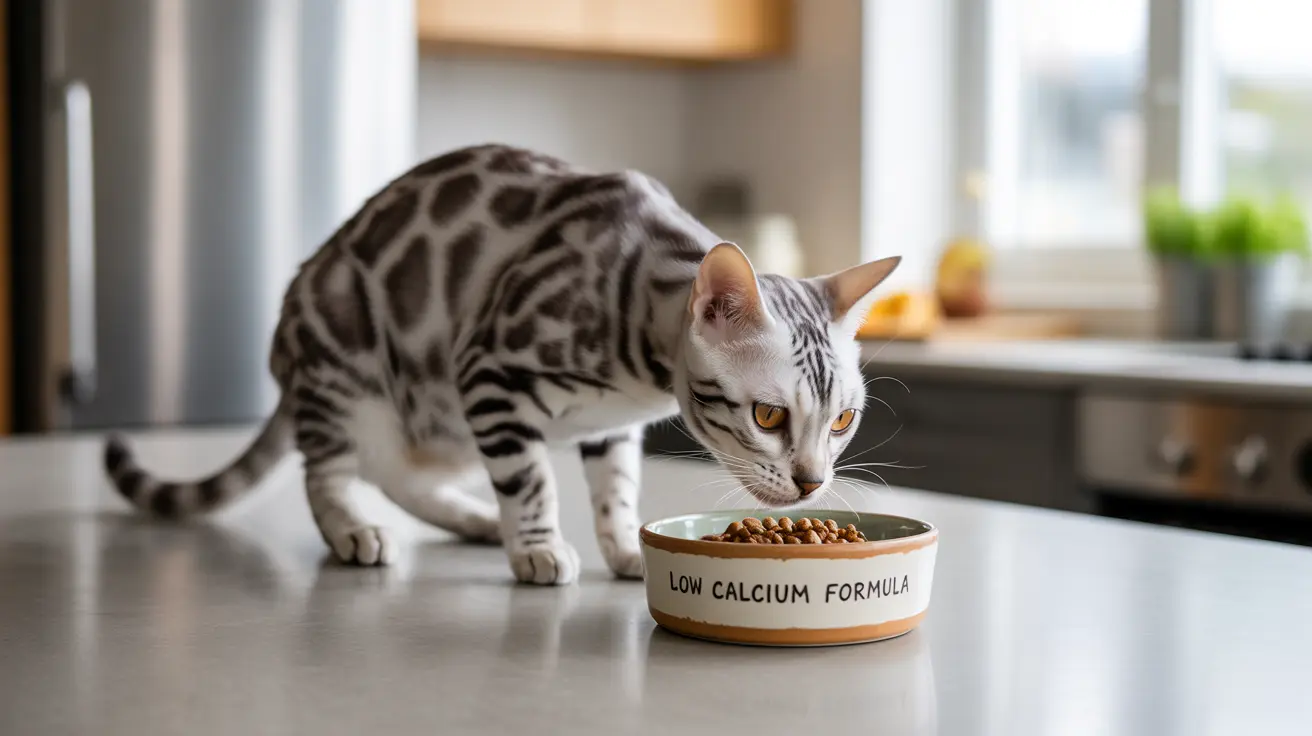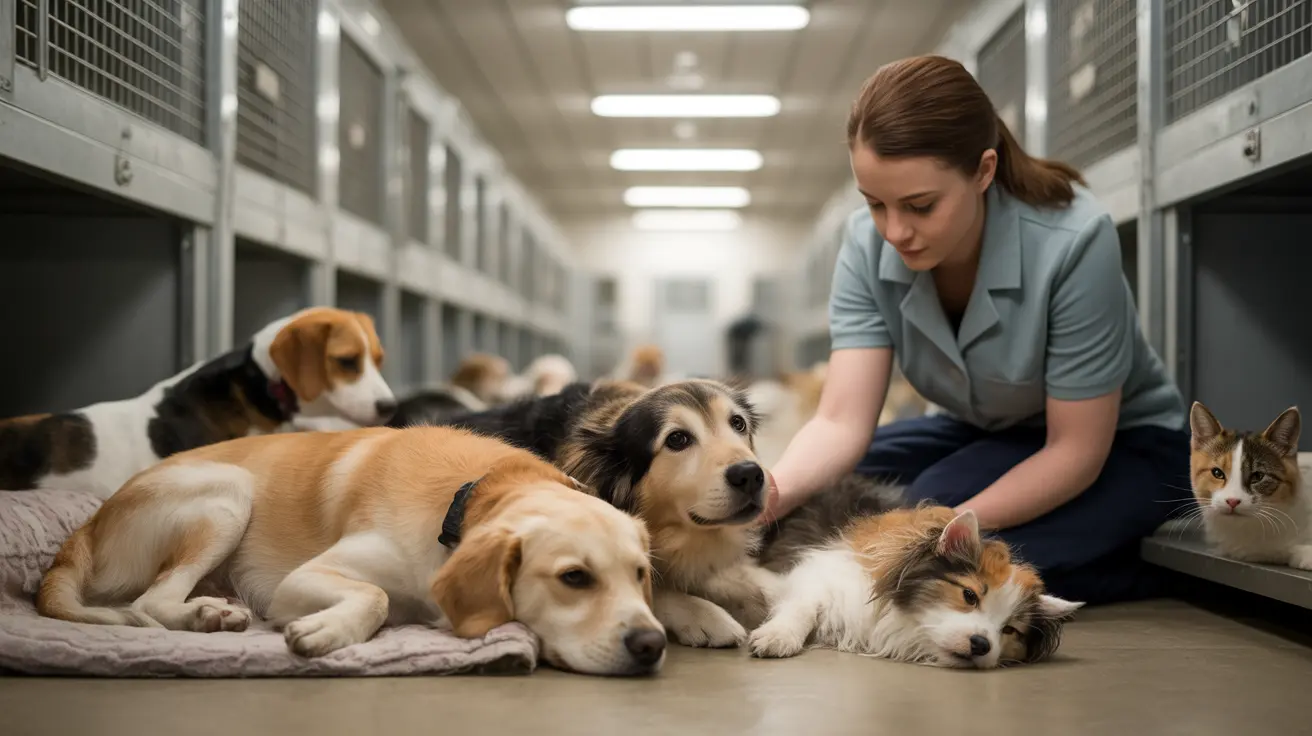Understanding the Need for Low Calcium Cat Food
Managing idiopathic hypercalcemia in cats requires careful dietary consideration, particularly regarding calcium intake. While no commercial cat foods are specifically marketed as "low calcium," several options can help manage this condition effectively.
For cat owners facing this challenge, understanding how to navigate food choices and create appropriate dietary plans is crucial for their pet's health and well-being. This comprehensive guide will explore available options and provide practical solutions for feeding cats with hypercalcemia.
Commercial Food Options for Cats with Hypercalcemia
While dedicated low calcium cat food options are limited, several commercial diets can be suitable for managing hypercalcemia:
Prescription Diets
Veterinary prescription diets, particularly those formulated for urinary health, often contain controlled levels of calcium and vitamin D. These include:
- Hill's Prescription Diet c/d Multicare
- Royal Canin Veterinary Diet Urinary SO
- Purina Pro Plan Veterinary Diets UR
Non-Prescription Options
Some regular commercial options may be appropriate when carefully selected:
- Weruva Paw Lickin' Chicken (lower in minerals)
- Tiki Cat After Dark (high protein, controlled minerals)
- Instinct Original Grain-Free (whole food based)
Creating a Home-Prepared Low Calcium Diet
Home-prepared diets offer more control over calcium content but require careful planning:
Key Components
- Lean muscle meat (primary protein source)
- Carefully measured organ meats
- Essential fatty acids
- Vitamin and mineral supplements (excluding calcium)
- Taurine supplementation
Important Considerations
Working with a veterinary nutritionist is crucial to ensure the diet is complete and balanced while maintaining low calcium levels. Regular monitoring and adjustments may be necessary based on blood calcium levels.
Best Practices for Feeding Cats with Hypercalcemia
Success in managing hypercalcemia through diet requires attention to several factors:
- Monitor portion sizes carefully
- Maintain consistent feeding schedules
- Ensure adequate water intake
- Avoid calcium-rich treats or supplements
- Regular veterinary check-ups to assess calcium levels
Frequently Asked Questions
What are the best low calcium cat foods for managing idiopathic hypercalcemia?
The best options include prescription urinary diets from trusted brands like Hill's, Royal Canin, and Purina, as these contain controlled mineral levels. Some premium wet foods from brands like Weruva and Tiki Cat can also be appropriate when selected carefully.
How can I ensure my cat's diet is adequately low in calcium without using commercial "low calcium" foods?
Work with a veterinary nutritionist to either select appropriate commercial foods or create a balanced home-prepared diet. Regular blood testing can confirm if the chosen diet is effectively managing calcium levels.
What are the key dietary changes I should make to help manage my cat's hypercalcemia?
Focus on high-protein, moderate-fat diets while avoiding excessive vitamin D and calcium. Choose moisture-rich foods and ensure proper hydration. Eliminate calcium-rich treats and supplements unless specifically prescribed.
Can a home-prepared diet be more effective than commercial foods for cats with hypercalcemia?
Home-prepared diets can offer more precise control over calcium content, but they must be carefully formulated by a veterinary nutritionist to ensure complete nutrition. Success varies by individual case.
What are some common mistakes to avoid when creating a low calcium diet for cats with hypercalcemia?
Common mistakes include not consulting professionals, failing to supplement essential nutrients, using inappropriate calcium-rich ingredients, and not monitoring blood calcium levels regularly. Always work with veterinary professionals when making dietary changes.
Conclusion
Managing feline hypercalcemia through diet requires careful planning and professional guidance. While finding appropriate low calcium cat food options can be challenging, a combination of carefully selected commercial diets or properly formulated home-prepared meals can help maintain healthy calcium levels in affected cats.
Regular veterinary monitoring and adjustments to the feeding plan ensure the best possible outcomes for cats with this condition. Remember that dietary management is often just one part of a comprehensive treatment approach for feline hypercalcemia.






